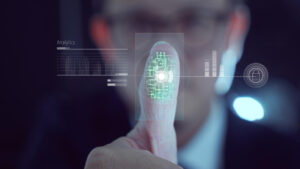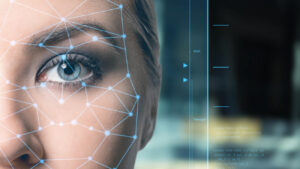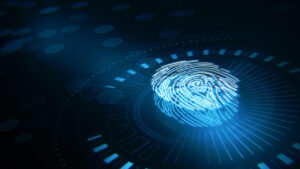Bahaa Abdul Hadi feels that the benefits of digital health records and identity verification is necessary to healthcare providers, and with Secure Access a key to quality care, this has given biometrics room to grow as an important tool for patient protection. Today, biometric technologies like fingerprint recognition, face recognition techniques, and iris scans provide secure, reliable ways to identify patients. Eventually this will help to create a safer and more efficient environment across the board in healthcare services generally.
The Role of Biometrics in Healthcare
Biometric technologies are used to guarantee that patients, healthcare providers, and staff members are indeed who they say they are. Because biometrics rely on unique biological traits, they remove many of the pitfalls linked with traditional means of identification–such as paper records, passwords, ID cards. This not only increases security drastically but also soothes things over in healthcare establishments.
Biometrics are at their most useful in settings where there is a need for immediate and precise identification– like hospitals, clinics, and nursing homes. Using biometric systems ensures that the right patient gets care when needed as well guarding confidential information right round the clock.
Ensuring Patient Safety Through Biometrics
One of the most profound benefits of biometrics in healthcare comes via patient safety. Proper patient identification is critical to providing appropriate treatment and avoiding medical errors.
- Preventing Patient Misidentification: A patient who is wrongly identified can be given the wrong drugs, have surgery performed on the wrong part of their body or even receive an incorrect diagnosis. Biometrics provide an extremely safe way of confirming patient identity, practically eliminating these kinds of mistakes.
- Accurate Access to Medical Records: With biometric authentication, healthcare providers can easily find the correct medical records, thereby ensuring individualized and correct treatment programs for patients.
Enhancing Data Integrity and Security
In healthcare, data integrity is crucial because a patient’s health history is recorded in his or her medical records. Any lapse in security, is liable to result in identity theft, fraud, or misuse of personal information. Biometrics are a powerful solution to this problem.
- Guarding Access to Electronic Health Records (EHRs): By using biometrics, unauthorized people cannot enter electronic patient record systems, thus restricting access to only those authorized, such as doctors, nurses and other health care personnel who need access in order to give treatment.
- Preserving Patient Privacy: Biometrics introduce an additional level of security to make it more difficult for lives well into the public realm. Unauthorized access means patients’ details are protected for verification by whom and when their records are next accessed; thereby reducing the risks of privacy breaches.
Overcoming Challenges
Although there are important strong points in biometrics, they also face challenges when they are applied to a healthcare environment.
- Cost and Implementation: The initial investment in biometric technology and infrastructure might prove very expensive. Health service providers need to weigh these costs against the long term benefits which better security brings for patients, both in clinical environments as well as outside of them.
- Privacy Issues: Responsible storage and management of biometric information requires strict adherence to privacy regulations such as the Health Insurance Portability and Accountability Act (HIPAA) in the U.S.
- User Acceptance: In order to give confidence and appropriate knowledge to users as regards both the advantages and safety which biometric recognition provides, it is essential that they are educated and trained.
Conclusion
Through biometric authentication, patient safety is currently being guaranteed, data integrity is just around the corner, and operational efficiency is anticipated in the not-too-distant future. Also, biometric systems that can accurately verify that a patient is in fact themselves while being completely secure are eliminating errors and fraudulent claims at the same time they are protecting highly confidential health information.
Looking to the future, although there are difficulties ahead, the development of biometrics promises that in the future healthcare services will become more secure, efficient and human-centered for everyone. The article has been written by Bahaa Abdul Hadi and has been published by the editorial board of Identity Herald. For more information, please visit www.identityherald.com.




